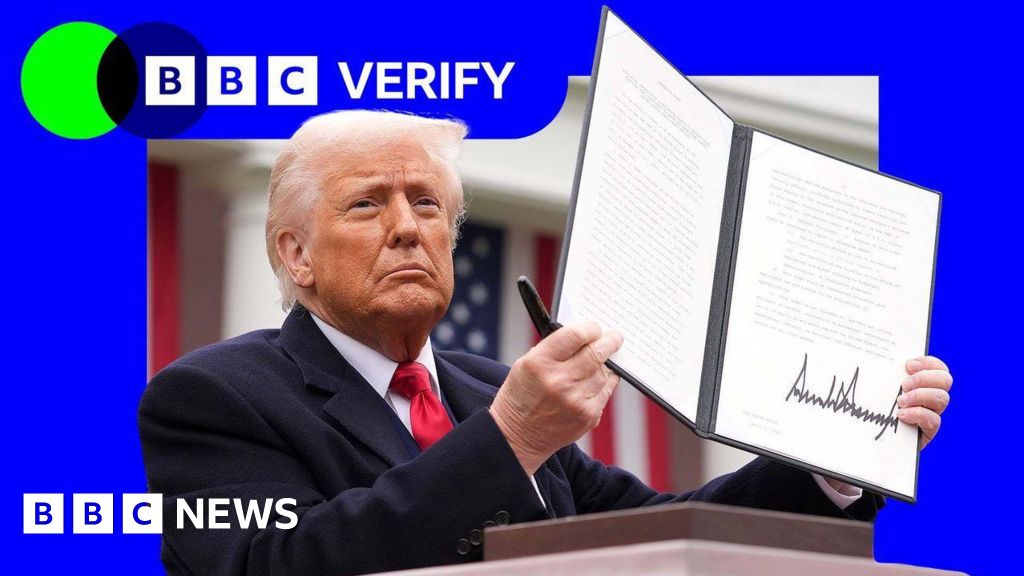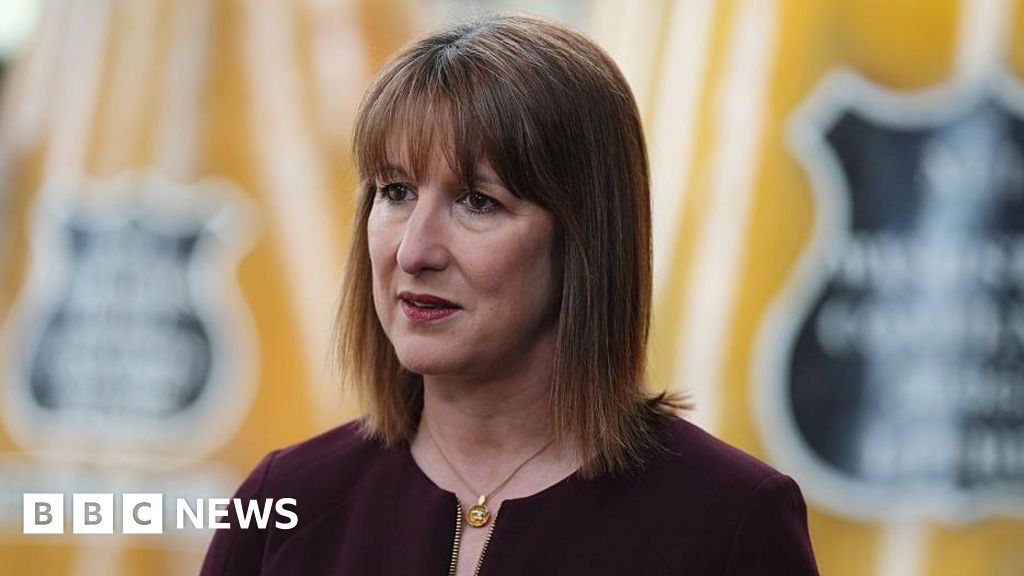Unlock the Editor’s Digest for free
Roula Khalaf, Editor of the FT, selects her favourite stories in this weekly newsletter.
Kuwait’s emir, Sheikh Nawaf al-Ahmed al-Jaber Al-Sabah, has died aged 86, the state news agency reported on Saturday.
Sheikh Nawaf had been admitted to hospital for an emergency health problem in late November, where his condition had been described as stable.
His three-year rule over Kuwait, a US ally in the Gulf, was blighted by ill health. His 83-year-old half brother, the crown prince Sheikh Mishal al-Ahmad Al-Sabah who has handled the country’s day-to-day affairs for the past two years, was announced as the next emir. A new crown prince will be named at a later date.
But Sheikh Nawaf’s brief tenure still managed to deliver policies that sought to bring about greater political cohesion in a country beset by continuous parliamentary turmoil.
“He was low profile and domestic focused — he managed a political reset with the opposition through key concessions to legislature and a series of amnesties with jailed and exiled critics,” said Bader al-Saif, an assistant professor of history at Kuwait University.
“He was also known for his anti-corruption stance, including cases against members of his own ruling Al-Sabah family.”
Among Gulf rulers, he was known as a straightforward and humble man who avoided overt displays of wealth.
Oil-rich Kuwait, the most democratic state among the Gulf autocracies, has been beset by rolling political battles between the elected parliament and the government, which is controlled by the emir.
The ensuing gridlock has limited the country’s ability to introduce economic reforms to wean itself off a dependence on oil exports.
Sheikh Nawaf had been emir of the Gulf state since his half-brother, Sheikh Sabah, died in 2020 in a US hospital after a long illness, aged 91. Sheikh Sabah, a widely respected regional diplomat, had ruled Kuwait for 14 years and been foreign minister for four decades before becoming emir.
Kuwait’s line of ageing rulers contrasts with the Gulf’s younger generation of leaders, such as Saudi Arabia’s Mohammed bin Salman, who — unbound by parliamentary scrutiny — are pushing ahead with ambitious diversification plans and social reforms.
Credit: Source link










